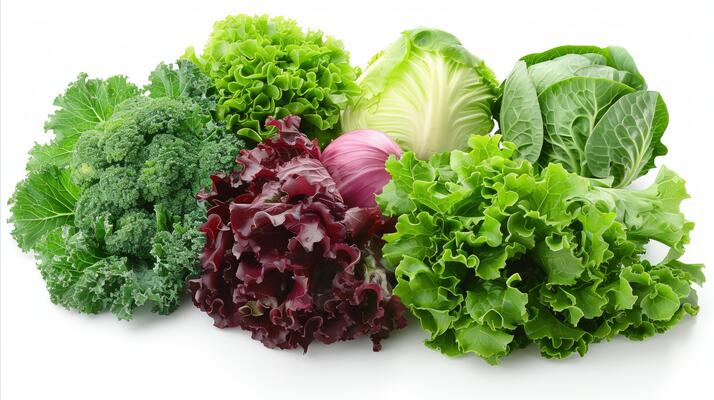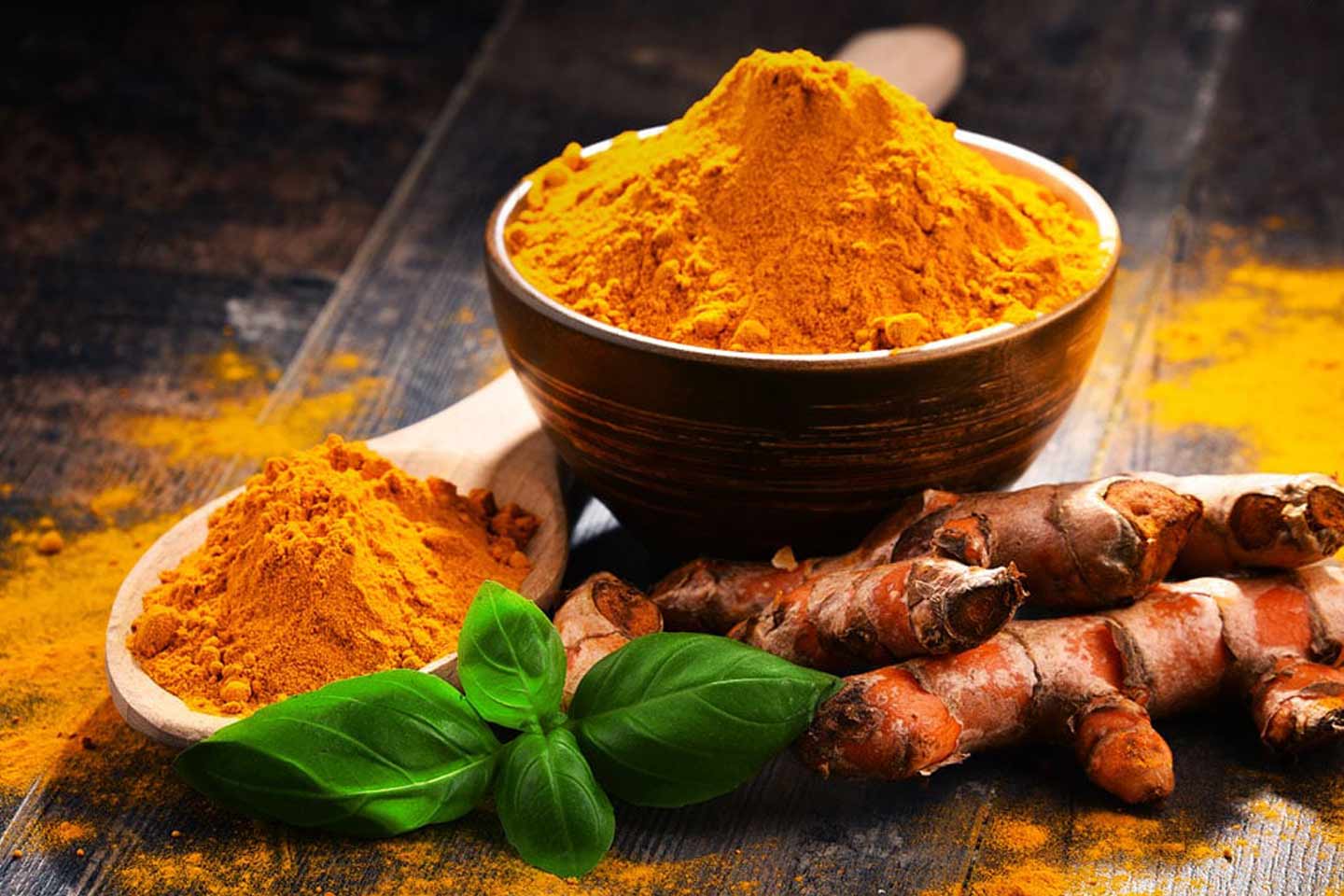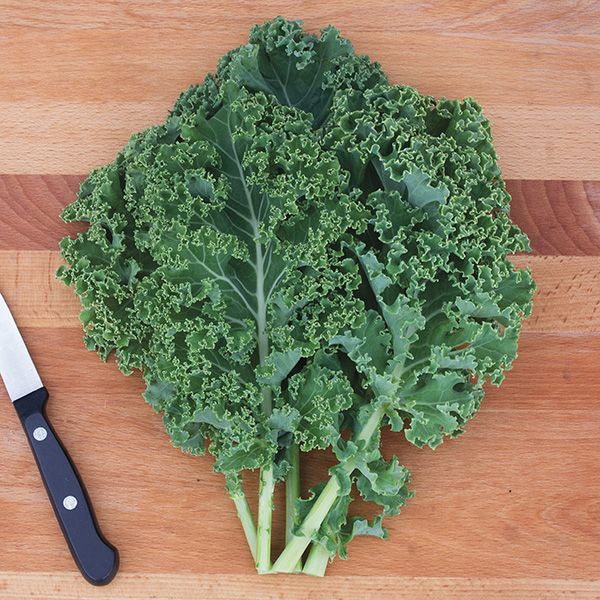Healthy diet Native club
1/33
Earn XP
Description and Tags
Name | Mastery | Learn | Test | Matching | Spaced | Call with Kai |
|---|
No analytics yet
Send a link to your students to track their progress
34 Terms
nutrient-dense /ˈnuːtriənt dɛns/
containing a high amount of essential nutrients relative to the number of calories; ____ foods support overall health (formal/neutral — common in health and nutrition contexts, suitable for both spoken and written English)
A ~ meal can keep you energized for hours.
Choose ~ snacks like nuts or Greek yogurt instead of chips.
Her diet is full of ~ foods that boost immunity and energy.
processed foods /ˈprɑːsɛst fuːdz/
foods that have been altered from their natural state for convenience or shelf life; ____ often contain added sugars, salts, and fats (neutral — used in both formal and informal conversations, especially in health discussions)
Try to limit ~ if you're aiming for a healthier diet.
Many ~ are high in sodium and preservatives.
The documentary showed how ~ can impact health.
whole foods /hoʊl fuːdz/
foods that are unprocessed or minimally processed and close to their natural state; ____ are rich in nutrients and fiber (neutral — commonly used in both everyday speech and health writing)
She shops at the farmer’s market to get fresh ~.
~ are usually better for your gut and overall well-being.
Nutritionists recommend eating more ~ instead of packaged items.
superfoods /ˈsuːpərfuːdz/
nutrient-rich foods believed to offer significant health benefits; ____ are often high in antioxidants, vitamins, or healthy fats (informal/marketing term — popular in casual health talk and advertising; less common in scientific writing)
Berries and spinach are popular ~ due to their high nutrient content.
The article listed ten affordable ~ to add to your diet.
Many influencers promote ~, but not all claims are scientifically proven.
metabolic rate /ˌmɛtəˈbɑːlɪk reɪt/
the speed at which your body uses energy or burns calories; a higher ____ can help with weight management (formal/neutral — often used in scientific or health-related writing and discussions)
Exercise and muscle mass can increase your ~.
As you age, your ~ tends to slow down.
Eating small meals throughout the day may boost your ~ slightly.
food intolerances /fuːd ɪnˈtɑːlərənsɪz/
adverse reactions to certain foods that do not involve the immune system; ____ can cause digestive issues or discomfort (neutral — commonly used in medical, nutritional, and everyday contexts)
People with ~ often experience bloating or cramps after eating certain foods.
Lactose and gluten are two of the most common ~.
If you suspect ~, consider keeping a food diary.
nutrient deficiency /ˈnuːtriənt dɪˈfɪʃənsi/
a lack of essential vitamins or minerals in the body; ____ can lead to various health problems (formal — often used in scientific or medical discussions)
Iron ~ is one of the most widespread health issues globally.
A ~ in vitamin D can affect your immune system.
The doctor diagnosed him with a severe ~ after his blood test.
portion control /ˈpɔːrʃən kənˈtroʊl/
the practice of regulating how much food is eaten in one sitting; ____ helps maintain a healthy weight (neutral — used in health advice, diet programs, and everyday conversation)
Practicing ~ can prevent overeating.
She uses smaller plates as a ~ strategy.
Even with healthy food, ~ is still important.
cut out /kʌt aʊt/
to completely stop eating or consuming something; many diets recommend that you ____ sugar or processed carbs (informal — common in spoken English and casual writing about diets)
He had to ~ dairy after discovering a food intolerance.
I’m trying to ~ all junk food for a month.
She ~ caffeine during her detox.
give up /ɡɪv ʌp/
to stop doing or consuming something, especially for health or self-discipline reasons; it's hard to ____ certain habits like drinking soda (informal — very common in speech and informal writing)
I don’t think I can ~ chocolate completely!
He ~ red meat for health reasons.
She’s trying to ~ snacking between meals.
fall off the wagon /fɑ:l a:f ðə ˈwæɡən/
to return to an unhealthy habit after trying to quit; people often use this when they ____ a diet or stop abstaining from something (informal — common in spoken English, especially in the context of dieting or addiction)
I ~ and ate half a cake last night.
It’s okay if you ~—just get back on track tomorrow.
He ~ after two weeks of clean eating.
fill up (on) /fɪl ʌp (ɑ:n)/
to eat enough of one type of food to feel full; you might ____ junk food and skip healthier options (informal — very common in casual conversation)
Don’t ~ ~ snacks before dinner.
I ~ ~ bread and didn’t have room for the main course.
Kids often ~ ~ sweets and lose their appetite.
burn off /bɝn a:f/
to use calories or energy through physical activity; exercise helps you ____ what you eat (neutral — commonly used in fitness and everyday contexts)
You’d have to jog for 30 minutes to ~ that muffin.
He goes for a run to ~ excess calories.
Dancing is a fun way to ~ energy.
live on /lɪv ɑ:n/
to survive or regularly consume only a small selection of food; someone who ____ junk food may lack key nutrients (neutral — frequent in everyday speech and writing)
In college, I ~ ~ instant noodles.
She basically ~ ~ takeout.
You can’t ~ ~ just salad and expect to feel full.
pig out (on) /pɪɡ aʊt (ɑn)/
to eat a lot of food in a greedy or excessive way; you might ____ something delicious but unhealthy (informal — slangy, often humorous or self-deprecating)
We ~ ~ pizza after the game.
He tends to ~ ~ sweets when stressed.
I totally ~ ~ chips during the movie.
snack on /snæk ɑn/
to eat small amounts of food between meals; people often ____ things like fruit, nuts, or chips (neutral — common in both casual and health-related contexts)
I usually ~ fruit in the afternoon.
She likes to ~ almonds while working.
Don’t ~ cookies right before dinner.
pack on (pounds/kilos) /pæk ɑn/
to gain weight, especially quickly or noticeably; people often ____ weight during holidays or stressful times (informal — common in spoken English, especially about sudden weight gain)
I ~ a few pounds over the winter.
He ~ weight after quitting the gym.
Don’t worry — everyone ~ a little during vacation.
shake off (weight) /ʃeɪk af/
to lose weight, especially with effort or determination; it can be hard to ____ those last few pounds (neutral — used in both casual and fitness contexts)
I’ve been trying to ~ ten pounds before summer.
She ~ the baby weight by exercising daily.
It took months to ~ the extra kilos.
adhere to a strict diet /ædˈhɪr təwə strɪkt ˈdaɪət/
to consistently follow a specific eating plan; to ____ requires discipline and planning (formal — often used in medical, nutritional, or written contexts)
He had to ~ after the diagnosis.
Athletes usually ~ to maximize performance.
It’s hard to ~ when you travel a lot.
suffer from malnutrition /ˈsʌfɚ frəm ˌmælnuˈtrɪʃən/
to experience health problems due to a lack of proper nutrients; children in some regions still ____ (formal — typical in academic, medical, and news contexts)
Many refugees ~ because of food shortages.
Without enough calories and protein, you can ~.
The study showed that 30% of children ~.
to be high in cholesterol /tə bi haɪjɪn kəˈlɛstɚˌal/
to contain a large amount of cholesterol, which may affect heart health; foods that ____ are often advised against in heart-healthy diets (neutral — used in both medical and casual contexts)
Eggs used to be thought to ~, but that view is changing.
Processed meats tend to ~.
This dish looks great, but it might ~.
macronutrients /ˈmækroʊˌnuːtriənts/
the nutrients required in large amounts: carbohydrates, proteins, and fats; ____ are essential for energy and growth (formal — common in nutrition science and health education)
Balance your ~ to support your fitness goals.
Protein is one of the three main ~.
The app helps you track your ~ intake.
micronutrients /ˈmaɪkroʊˌnuːtriənts/
vitamins and minerals needed in small amounts; ____ play a vital role in immunity and development (formal — used in scientific, medical, and health-related writing)
Iron and vitamin C are important ~.
A varied diet provides most of the ~ your body needs.
~ deficiencies can lead to serious health issues.
antioxidants /ˌæntiˈɑksɪdənts/
compounds that help protect cells from damage; ____ are often found in fruits and vegetables (neutral — common in health writing, labels, and casual conversation)
Blueberries are rich in ~.
Many ~ help reduce inflammation.
Green tea contains powerful ~.
probiotics /ˌproʊbaɪˈɑtɪks/
live bacteria that support gut health; ____ are found in fermented foods and supplements (neutral — widely used in health-related advertising and writing)
Yogurt is a common source of ~.
Taking ~ may improve digestion.
Not all ~ supplements are equally effective.
prebiotics /ˌpriːbaɪˈɑtɪks/
substances that promote the growth of beneficial gut bacteria; ____ are usually found in fiber-rich plant foods (neutral — often paired with probiotics in health discussions and labels)
Bananas and oats are natural sources of ~.
~ help nourish the good bacteria in your gut.
Many nutritionists recommend combining ~ with probiotics.
sugar-laden /ˈʃʊɡɚ ˌleɪdn̩/
containing a large or excessive amount of sugar; ____ foods are linked to weight gain and poor health (neutral — common in food labels, media, and health advice)
Avoid ~ cereals for breakfast.
The smoothie looked healthy, but it was ~.
Many “low-fat” products are actually ~.
additives and preservatives /ˈædətɪvzən prɪˈzɝːvətɪvz/
chemicals added to food to improve flavor, texture, or shelf life; excessive ____ may raise health concerns (neutral — used in both everyday and technical contexts)
Check labels for harmful ~.
The product claims to be free of ~.
Many processed snacks are loaded with ~
lean proteins /liːn ˈproʊtiːnz/
protein sources that are low in saturated fat; ____ help build muscle and support weight management (neutral — used in health education and meal planning)
Chicken breast and tofu are examples of ~.
A healthy plate includes veggies and ~.
She switched to ~ to reduce cholesterol.
wholesome /ˈhoʊlsəm/
healthy, nutritious, and natural; ____ foods support well-being and are minimally processed (neutral — can be slightly more literary or descriptive in tone)
They serve fresh, ~ meals at that café.
He tries to cook ~ dinners every night.
Oats are a ~ breakfast option.
leafy greens /ˈliːfi ɡriːnz/
vegetables with edible green leaves, rich in vitamins and minerals; ____ are a key part of a healthy diet (neutral — widely used in everyday health and food conversations)
Spinach and kale are examples of ~.
Try to eat more ~ with your meals.
~ are packed with iron and fiber.

turmeric /ˈtɝːmərɪk/
a yellow spice known for its anti-inflammatory properties; ____ is used in cooking and traditional medicine (neutral — common in health writing and culinary contexts)
~ lattes have become trendy in wellness cafes.
She adds ~ to smoothies for its health benefits.
The curry gets its color from ~.

kale /keɪl/
a dark leafy green vegetable high in nutrients; ____ is considered a superfood for its antioxidant and fiber content (neutral — popular in nutrition and wellness discussions)
She makes smoothies with spinach and ~.
~ chips are a healthy alternative to potato chips.
Adding ~ to your diet can boost iron intake.

goji berries /ˈɡoʊʤi ˌbɛriz/
small red berries rich in antioxidants, often considered a superfood; ____ are used in smoothies, snacks, or health supplements (neutral — common in wellness trends and healthy eating blogs)
~ are popular in smoothie bowls.
He adds dried ~ to oatmeal for a boost.
~ are believed to support immune function.
